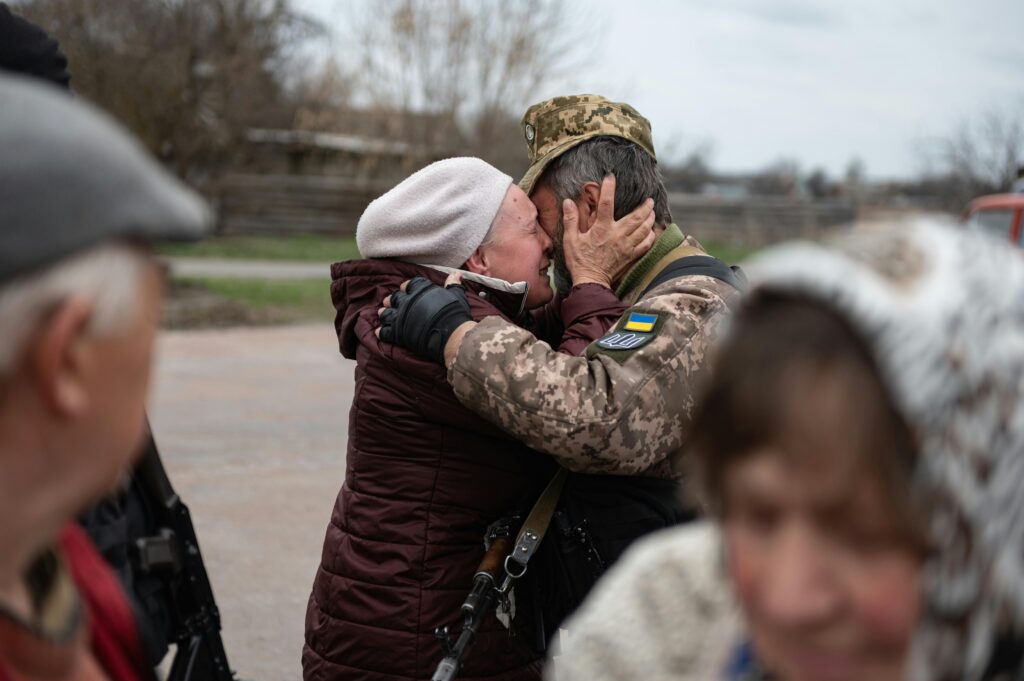From Peace Dreams to Power Games: The Lost Language of Love in a World at War
Introduction
The iconic slogan “Make Love, Not War” once symbolized a hopeful countercultural movement—a plea for connection, tenderness, and a rejection of violence. Yet, decades later, the world seems caught in cycles of conflict, polarization, and aggression. What happened to that dream? Why has the language of love and peace struggled to find footing in contemporary social and political realities?
Psychoanalysis offers a lens to understand this shift, illuminating how deep psychic fears, cultural traumas, and unconscious dynamics have reshaped our collective relationship to love, aggression, and power.
The Psyche Behind the Slogan
“Make Love, Not War” appeals to the libidinal energy—the psychic drive toward connection, pleasure, and creativity (Freud, 1920). It champions the idea that human bonds can counterbalance destructive forces.
However, in psychoanalytic terms, love and aggression are intertwined. Freud’s (1930) concept of Thanatos reminds us that aggression and destructiveness coexist with Eros (life drive). Societies must find ways to balance these forces, or risk one overwhelming the other.
The Rise of Defensive Structures Against Love
Since the 1960s, global history has witnessed rising political conflicts, authoritarianism, and cultural fragmentation. Psychoanalytically, these shifts can be read as manifestations of:
Fear of vulnerability: Genuine love requires openness and trust, which also entails risk. Authoritarian and militaristic systems offer psychic safety through control and certainty.
Splitting and projection: Societies may split the world into “us” vs. “them,” projecting aggression onto others to avoid facing internal conflicts.
Trauma and disillusionment: The unresolved traumas of war, inequality, and oppression foster cynicism and despair, eroding faith in peaceful ideals.
Thus, the dream of “Make Love, Not War” confronts not only external realities but internal psychic defenses.
Love as Resistance: The Forgotten Power
Psychoanalysis teaches us that love is not merely an emotion but a transformative psychic force—a capacity for recognition, mutuality, and creativity (Benjamin, 1990). In oppressive or violent contexts, love becomes a radical act of resistance.
This has been evident in many social movements where love and empathy fuel activism, healing, and reconciliation. Yet, the persistence of trauma and aggression continually challenges this potential.
Reclaiming the Language of Love in a Fragmented World
To rekindle the spirit of “Make Love, Not War,” societies need to:
Create safe spaces for emotional expression and mourning—individually and collectively.
Address intergenerational trauma that perpetuates cycles of violence.
Foster dialogue that embraces complexity and ambivalence, moving beyond binary thinking.
Recognize the intersection of love, justice, and power—acknowledging that love without justice risks complacency, and justice without love risks brutality.
Conclusion: The Unfinished Journey
The plea to “Make Love, Not War” remains profoundly relevant yet tragically incomplete. Psychoanalytic insights remind us that the struggle between love and aggression is both societal and deeply internal.
In confronting our own fears, biases, and wounds, we open the door to a world where love is not an impossible dream, but a lived reality—a force powerful enough to transform conflict and heal divisions.
References
Freud, S. (1920). Beyond the Pleasure Principle.
Freud, S. (1930). Civilization and Its Discontents.
Benjamin, J. (1990). The Bonds of Love: Psychoanalysis, Feminism, and the Problem of Domination.
